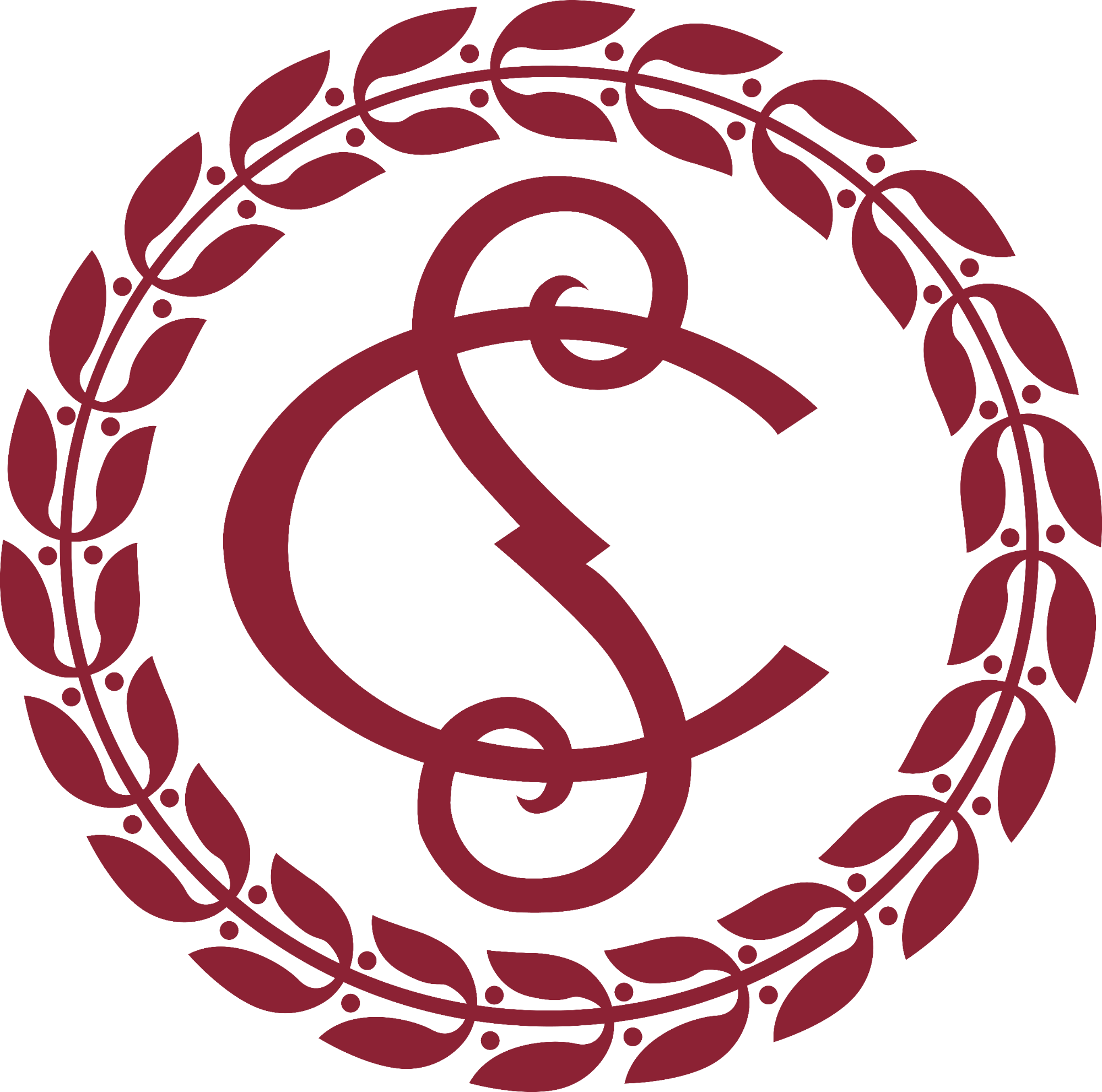Case in Brief
A Case in Brief is a short summary of a written decision of the Court, drafted in plain language. These summaries are prepared by communications staff of the Supreme Court of Canada. They do not form part of the Court’s reasons for judgment and are not for use in legal proceedings.

R. v. Schneider
Additional information
- See full decision
- Date: October 7, 2022
- Neutral citation: 2022 SCC 34
- Breakdown of the decision:
- On appeal from the Court of Appeal for British Columbia
- Case information (39559)
- Webcast of hearing (39559)
-
Lower court rulings:
- Judgment (Supreme Court of British Columbia) (unreported)
- Appeal (Court of Appeal for British Columbia)
Case summary
The Supreme Court restores a British Columbia man’s murder conviction after confirming the admissibility of an overheard conversation as evidence at his trial.
In September 2016, the body of Japanese student Natsumi Kogawa was found in a suitcase in Vancouver’s West End. Police later arrested and charged William Schneider with second degree murder following a tip from his brother.
A jury trial was held and Mr. Schneider’s brother testified for the Crown. The brother said he confronted Mr. Schneider after seeing a photo of him with the missing woman in a news release. He said Mr. Schneider allegedly admitted that he had been in a relationship with Ms. Kogawa. The next day, the brother said, Mr. Schneider had attempted suicide in his presence and told him where to find the woman’s body. The brother testified that he then overheard Mr. Schneider call his wife on the phone and ask if she had heard about the missing woman. According to the brother, Mr. Schneider then told his wife something along the lines of “I did it” or “I killed her”. In his testimony, the brother said he did not remember “word-for-word” what Mr. Schneider said, but that he was taking responsibility for the woman’s death.
The judge held a voir dire, which is a trial within a trial without the jury present, to determine if the brother’s testimony about what he overheard was admissible as evidence in court. Witness testimony about a conversation they were not part of is called hearsay evidence. Typically, it is not admissible as evidence. However, there are certain exceptions.
The judge decided to admit the evidence about the overheard conversation. She said the words the brother heard were relevant to an issue at trial. Secondly, the judge determined that the value of the evidence in proving a point at trial (probative value) outweighed its potential to be unfair to the accused (prejudicial effect). The jury convicted Mr. Schneider of second degree murder.
Mr. Schneider appealed his conviction to British Columbia’s Court of Appeal. He argued the trial judge made a mistake by admitting his brother’s testimony about the overheard conversation. Two of the three judges of the Court of Appeal agreed with Mr. Schneider and ordered a new trial. The Crown then appealed to the Supreme Court of Canada.
The Supreme Court has allowed the Crown’s appeal and restored Mr. Schneider’s conviction for second degree murder.
The trial judge did not make an error in deciding to admit the brother’s testimony.
Writing for a majority of the judges of the Supreme Court, Justice Malcolm Rowe said “the trial judge did not err in admitting the brother’s testimony as to what he overheard the accused say”. Three questions needed to be answered to come to this conclusion.
Was what the brother overheard relevant? Was an exception to the hearsay rule applicable? Did the trial judge exercise her discretion correctly in deciding that the probative value of the evidence outweighed its prejudicial effect? The majority said the answer to all three questions is, “yes’. What the brother overheard was indeed relevant. Also, the “party admission” exception is applicable in this case because it allows witness testimony about a confession even if the witness was not a party to that conversation. Finally, the trial judge used her discretion correctly and further minimized the potential harmful effects of the evidence with a strong caution to the jury about what they could make of it.
